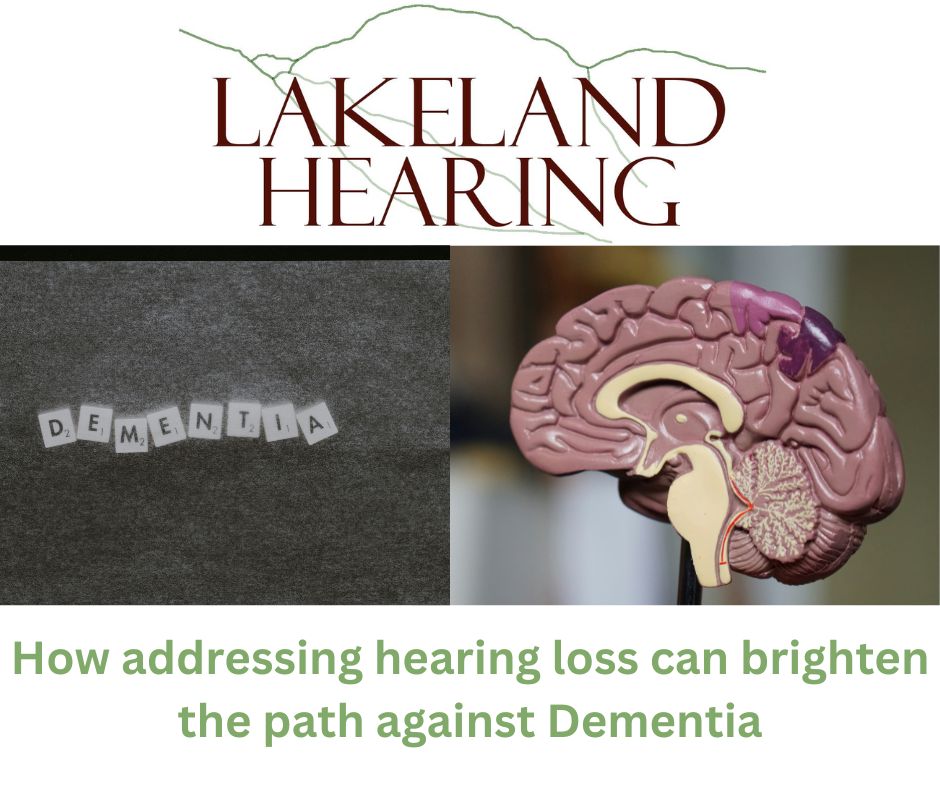Embracing Sound: How Addressing Hearing Loss Can Brighten the Path Against Dementia
Throughout life, sound plays a profound role in shaping our experiences and connections with the world. From the laughter of loved ones to the melodies of our favourite songs, sound enriches our daily existence in ways we often take for granted. Yet, for many individuals, untreated hearing loss can gradually diminish these vibrant connections, potentially intertwining with other health challenges like dementia. However, amidst these challenges lies hope—a journey towards improved well-being and a deeper appreciation for the world of sound.
The Unseen Link Between Hearing Loss and Dementia
Recent research has shed light on the intricate relationship between untreated hearing loss and dementia. Studies suggest that individuals with untreated hearing loss may experience accelerated cognitive decline and an increased risk of developing conditions like Alzheimer’s disease. This correlation underscores the importance of early detection and proactive management of hearing loss as part of a holistic approach to brain health.
Enhancing Cognitive Engagement
Modern advancements in hearing aid technology offer a transformative experience, enabling people to rediscover the nuances of sound they may have been missing. One of the remarkable benefits of treating hearing loss is the restoration of cognitive engagement. By reconnecting with the full spectrum of sounds, people can stimulate their brain, engaging neural pathways that contribute to cognitive resilience. From entering into conversation to enjoying music and nature, embracing sound can be a catalyst for cognitive vitality.
Strengthening Social Connections
Hearing loss can inadvertently isolate individuals from social interactions, leading to feelings of loneliness and disconnection. Addressing hearing loss through interventions like hearing aids can enhance meaningful connections, reigniting social engagement and reducing the risk factors associated with cognitive decline. Shared conversations, gatherings with friends and family, and participating in community activities all contribute to the social tapestry that nurtures mental well-being.
Empowering Personal Growth
Embracing sound goes beyond the physical act of hearing—it represents a journey of personal growth and empowerment. Individuals who take proactive steps to address hearing loss often experience a renewed sense of confidence and independence. By actively participating in conversations and daily activities with improved hearing, they can navigate life’s moments with greater ease and joy.
unsp
Regular hearing screenings and early intervention form the cornerstone of preventative care. By incorporating hearing health into routine wellness check-ups, people can detect and address hearing issues before they escalate, preserving cognitive function and overall well-being. Creating a “sound-friendly environment” is crucial for those experiencing hearing loss. This includes utilising assistive devices like hearing aids, optimising acoustics in living spaces, and practising effective communication strategies.
In conclusion, while the link between untreated hearing loss and dementia underscores a significant health concern, it also presents an opportunity for empowerment and positive change. By normalising hearing health, embracing sound, and fostering a supportive environment, individuals can navigate their journeys with resilience, and a renewed appreciation for the beauty of sound.

